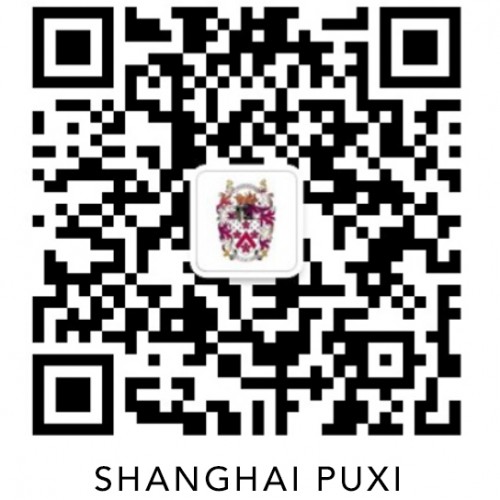Why are there no textbooks? (And other questions parents ask us.)

After visiting our campus, many Asian parents comment that they have just seen a different style of learning, compared to the one they received as a child. It is usually at the end of their campus walk when parents will ask….so what will my child learn, and how do you track and control learning if there are no textbooks?
It is the right question to ask.
For many Asian parents, the education they had is vastly different in style and content, to one we offer at Dulwich. And whilst many Dulwich students do achieve some of the highest IB scores in Asia and attend the world’s most prestigious universities and colleges, these IB examinations occur at the end of their learning journey with us at Dulwich. The learning pathway through our Junior and Senior school can be challenging for Asian parents who grew up on an academic diet of set textbooks and hours of corresponding homework.
So how do Dulwich students learn, if not guided by a set of textbooks?
The most simple explanation for the way students learn at Dulwich is by ACTIVELY DOING, rather than reading from a book.
For every academic year group and every subject taught at Dulwich, there are set learning goals and set concepts, which must be studied and understood. Students must ‘hit their targets’ by achieving these learning goals, in order to advance. The British curriculum is extremely rigorous with assessments every fortnight, to track individual students’ progress. To demonstrate the meaning of this, I have taken two of the 10 learning goals for a seven year old studying Maths in the Dulwich curriculum:
- Must understand Place Value up to five digits, including money management.
- Must understand Measures - perimeter, angles and metric units.
Place Value (1, 10,100, 1000, 10000) can certainly be taught from a book. It can also be taught by playing Monopoly, or by being tasked to purchase groceries. The concept of increasing from one to five digits is most memorable when experienced in everyday life, and when taught in real-life terms is a highly effective approach to building a seven year old’s mathematical sensibility.
And the concept of understanding Measures provides a wonderful opportunity for students to get out of the classroom, armed with tape measures and trundle wheels, to explore objects in their daily life and develop a practical understanding of centimeters, meters, (and if legs don’t tire too quickly) even kilometers.
Each term, parents are given the Dulwich Curriculum which details the Learning Goals for every subject that your child will study. It links with English National Curriculum and is a list of practical, tangible goals. Your child’s teacher will design his/her lessons to be as creative and memorable as possible, so that your child builds a concrete understanding of the subject matter. Homework will be as creative and practical as possible to further spark your child’s attention. This is what we call learning by ACTIVELY DOING, rather than reading from textbooks.
Please email [email protected] to register.





